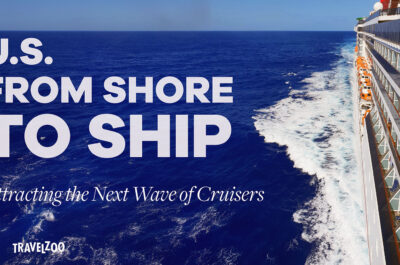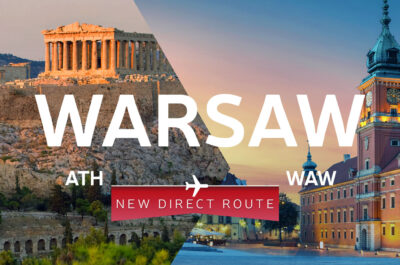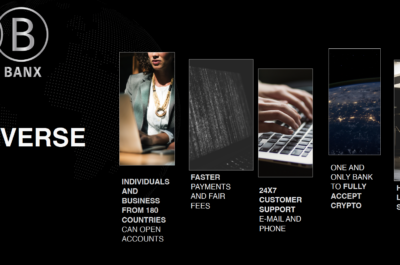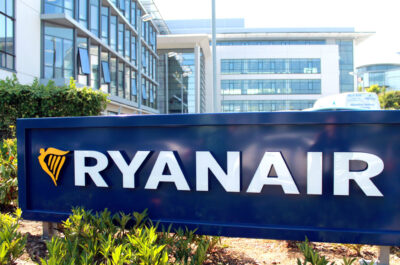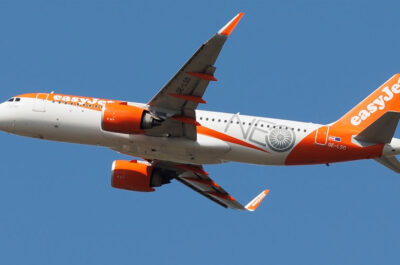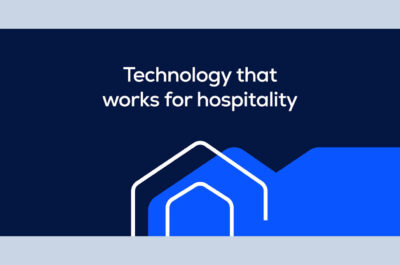New technologies, such as AI-powered chatbots and voice-activated search, have the power to enhance customers’ buying journeys. But beyond this, here are three ways travel brands should be thinking about to keep up with consumer demand for convenience and stay ahead in a rapidly changing market.
Now that the European summer is over, travellers are beginning to look for their next getaway, whether a Christmas market city break, some winter sun or ski trip in the new year. It’s important for travel companies to stand out from the crowd if they want to capitalise on the boost in demand. However, with the travel industry becoming more competitive than ever before, this begs the question: how do you stay relevant.
New technologies, such as AI-powered chatbots and voice-activated search, have the power to enhance customers’ buying journeys. But beyond this, here are three ways travel brands should be thinking about to keep up with consumer demand for convenience and stay ahead in a rapidly changing market:
1. Capitalising on experiences
Travel experience is the fastest growing sub-segment of the travel market – being propelled by companies such as Airbnb who allow guests to book one-of-a-kind activities designed and hosted by locals. Unlike a typical tour or workshop, experiences go beyond the activities themselves. They offer a deep-dive into the local host's world through their passion. Since travel experiences are often booked during a holiday rather than before it, unlike flights, accommodation, car-hire etc., they require a different approach to booking behaviour if you want to stand any chance of tapping into this revenue stream.
Some successful experience aggregators have taken a similar approach to the way Netflix operates; analysing customer data to identify gaps in supply and creating experiences they have identified a demand for. Traditional demographics such as age and gender no longer cut it – they are less predictive of a person’s preferences. Instead, companies should consider capturing behavioural information about the end traveller and their location (i.e. weather, traffic and expected travel times), which can be coupled with live information about available experiences to deliver truly personalised offers. So, for example, if a consumer has travelled to London in December, they could be served up promotions for a West End show indoors.
2. Prioritising search engines
Unless at the top of Google search, for example, it can be difficult for OTAs, hotels and airlines to reel in customer bookings, especially since many now display instant booking buttons that allow travellers to book directly from the search engine results. For example, last year Google came in second to Expedia for one-stop shops travellers consider. With global giants such as Google and Amazon trying their luck in the travel industry by using big-data reservoirs, some travel companies are increasingly turning their attention to meta data searches to encourage booking behaviour, and even using artificial intelligence (AI) to explore when consumers are most likely to book and where they’re going on the website.
3. Consolidating brands
Across the travel industry, we’re seeing consolidation of companies to platforms where customers can purchase a range of products and experiences for their trips. And it’s not just travel agencies turning to consolidation, it’s happening across the airline and hotel sectors too as a way of enhancing travellers’ overall journeys. United Airlines recently bought a stake in Clear, enabling its United Mileage Plus members to receive a discount for using the biometric firm’s screening kiosks to reduce their waiting time at the airport, while Airbnb purchased HotelTonight, an app for finding hotel rooms at a discount, to attract a wider variety of travellers. These are just two examples highlighting the overarching move by organisations to become one-stop-shops so that travellers don’t need to explore any other websites.
No matter what avenue brands take, underneath it all they should make sure they have the technology stack and processes in place to support them. Whether accumulating lots of different experience providers or consolidating hotel and airline brands under one umbrella, OTAs tend to end up with a fragmented supplier set, which could mean that their teams are left grappling with a diverse range of processes and payments that come with each supplier. This is where having an innovative payment solution such as virtual cards can help to eliminate the pains associated with paying suppliers and make the entire payments process quicker, safer, and more efficient.
Anthony has been Managing Director and CEO of eNett international since its inception in 2009. His career is characterised by innovation and entrepreneurial vision. Anthony has led eNett’s development from start-up to becoming one of the world’s leading travel payment companies, delivering ongoing exponential annual growth. Bringing more than 15 years of comprehensive business strategic and operational knowledge to the business, Anthony’s leadership spans the telecommunications, internet, human services, retail, financial services and travel sectors. As a founder of Optal (formerly PSP International), he combined his experience in payments and travel to create eNett International. A patriot and with a penchant for controlling the music at events, Anthony has been known to lead team huddles with a sing-along to ‘True Blue’ by John Williamson.








































































































































































